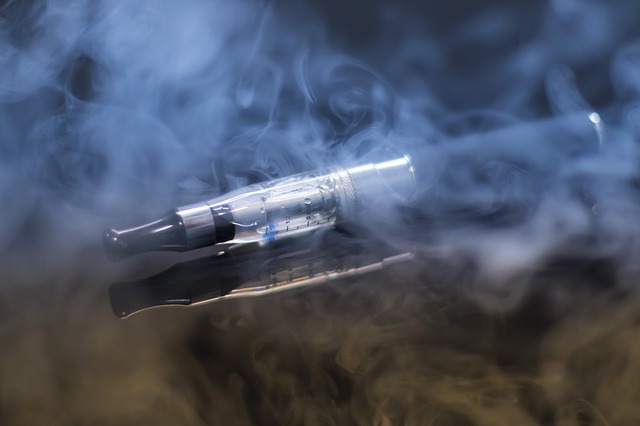By CHITO A. CHAVEZ
Cancer survivors and members of the Quezon City-based New Vois Association of the Philippines (NVAP) has warned the public against the use of vaping devices due to studies released in the United States about the harmful health effects of smoking e-cigarettes.
NVAP President Emer Rojas called on the Filipino youth to stop vaping as studies confirmed what health advocates have been saying all along – that e-cigarettes are also dangerous to people as smoking regular tobacco.
Many local youngsters have found it cool and fashionable to use e-cigarettes as the smoke emitted from it spreads flavorful fruit odor while the smoke elicit ohhs and ahhs among their peers.
One study found that vaping daily increases the risk of heart attack by two times while smoking regular tobacco rises the risk by three times.
“This belies what the vaping community was promoting – that e-cigarettes are a safer alternative to smoking. E-cigarettes must then be banned from public use until proper regulation be enacted,” Rojas said.
“Let us not commit the same mistake we had with cigarettes which were regarded safe and marketed as beneficial way back in the fifties,” he added.
The study was recently presented by Stanton Glantz, lead author and professor of medicine at the University of California, San Francisco, and also the director of the Center for Tobacco Control Research and Education.
Glantz concluded that the risk of a heart attack was even higher for people who both smoke and vape every day.
Also, the largest report on the health effects of vaping found that while e-cigarettes may help adults to quit conventional smoking, it can however encourage young people to start early.
The report was a result of studies done by the National Academies of Science, Engineering, and Medicine that found a host of evidence linking vaping to harmful substances such as nicotine which is the addictive substance in tobacco.
“One major finding of the report was that young people who vape are at a higher risk for ever using a conventional cigarette than their counterparts who don’t,” Rojas said.
Rojas noted a section of the study that revealed that people who vape get the same amount of nicotine as in conventional cigarettes depending on the device and the type of e-liquid that they use.
“As cancer survivors and former smokers who took up this dangerous habit when we were young, we are very concerned that e-cigarettes are being marketed to our youth as something that is cool, a trendsetter, without the benefit of knowing their health effects,” said Rojas.
“This was the same strategy that was used during my day when big tobacco sold the idea of smoking to our young minds,” recalled Rojas, a laryngeal cancer survivor.


